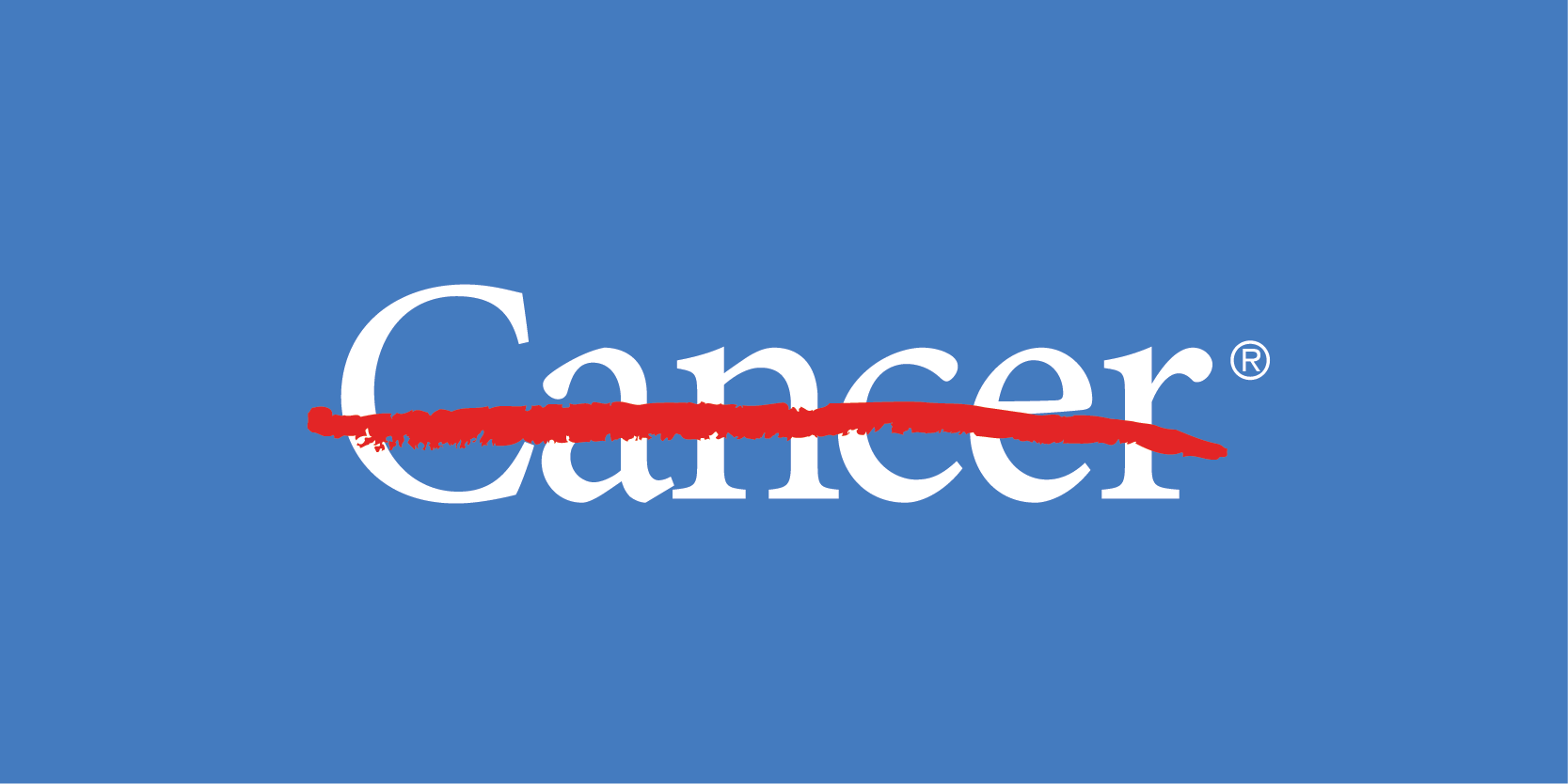Had a patient call MDACC for a second opinion. Was told by an NP in the radiation department that "It is not our habit to consult patients who do not plan on getting their radiation here." As she could not guarantee to them she would be treated in Houston, they did not accept her consult.
On another note, MDACC received $212 million in tax dollars from the state of Texas last year, on top of hundreds of millions of dollars from the federal government for research: https://www.mdanderson.org/documents/about-md-anderson/about-us/facts-and-history/quick-facts.pdf
On another note, MDACC received $212 million in tax dollars from the state of Texas last year, on top of hundreds of millions of dollars from the federal government for research: https://www.mdanderson.org/documents/about-md-anderson/about-us/facts-and-history/quick-facts.pdf


